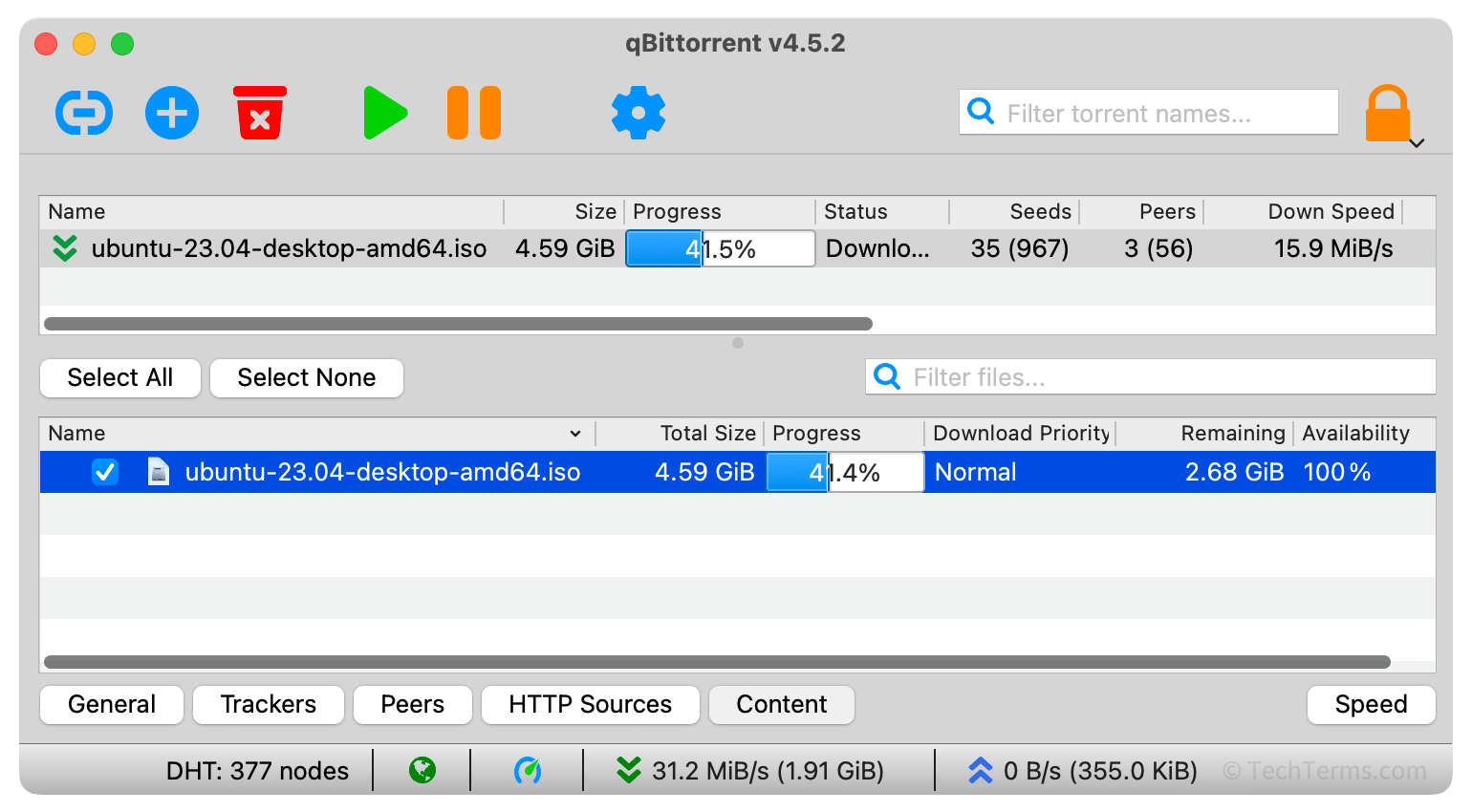Torrenting has become a popular method for sharing files, but it often raises questions about its legality. As users navigate the digital landscape, they frequently encounter a mix of opinions and legalities surrounding torrenting. This phenomenon, which allows large files to be shared over the internet, can be used for both legitimate and illegitimate purposes. Understanding the legal implications of torrenting is essential for anyone who wishes to engage in this practice responsibly.
Many people utilize torrents to download open-source software, public domain videos, or other legally distributed content. However, the potential for copyright infringement looms large, leading many to wonder: is torrenting legal? The answer to this question is not straightforward, as it largely depends on the content being shared and the laws in a user's country.
In this article, we will explore the complexities of torrenting legality. We will discuss what constitutes legal and illegal torrenting, the risks associated with it, and how users can protect themselves while engaging in this practice. By the end, you will have a clearer understanding of the legal landscape surrounding torrents and whether you can safely use them.
What is Torrenting?
Torrenting is a method of file sharing that uses a peer-to-peer (P2P) network. Instead of downloading files from a single server, users download pieces of the file from multiple sources simultaneously. This approach can significantly speed up the download process and reduce server load. However, it also raises concerns regarding the legality of the content being shared.
How Does Torrenting Work?
The torrenting process involves a torrent file or a magnet link, which contains metadata about the files to be shared. Users open these files with a torrent client, which connects them to other peers in the network. This decentralized sharing system is what makes torrenting both efficient and controversial.
Is Torrenting Legal or Illegal?
The legality of torrenting hinges on the type of content being shared. Downloading or sharing copyrighted material without permission is illegal in most countries. However, sharing open-source software or public domain works is perfectly legal. This distinction is crucial for users to understand.
What Are the Risks of Torrenting?
Engaging in torrenting, especially when downloading copyrighted material, carries several risks:
- Legal Consequences: Users can face fines or legal action from copyright holders.
- Malware Exposure: Torrents can be a breeding ground for malicious software.
- Data Privacy Issues: Your IP address is visible to others in the network, potentially exposing you to unwanted attention.
How Can You Torrent Safely?
To minimize the risks associated with torrenting, consider the following practices:
- Use a Virtual Private Network (VPN) to protect your identity.
- Only download torrents from reputable sources.
- Check the content for copyright status before downloading.
- Keep your antivirus software updated.
What Are the Laws Regarding Torrenting in Different Countries?
The legal landscape surrounding torrenting varies significantly by country. Here are some general guidelines:
- United States: Strong copyright enforcement; illegal to share copyrighted material.
- United Kingdom: Similar to the U.S., with fines and potential legal actions against offenders.
- Germany: Strict laws; users can face hefty fines for illegal downloads.
- Sweden: Home to The Pirate Bay; however, copyright laws are enforced.
- Canada: Less strict enforcement, but copyright infringement is still illegal.
Is Torrenting a Safe Method for File Sharing?
While torrenting can be safe when done correctly, the inherent risks cannot be ignored. Users must weigh the convenience of torrenting against the potential legal and security implications. Exercising caution and adhering to legal guidelines is essential for anyone considering this method of file sharing.
Can You Get Caught Torrenting?
Yes, users can get caught torrenting copyrighted material. Internet Service Providers (ISPs) can monitor torrenting activity and may report it to copyright holders, leading to legal action. Therefore, it is imperative for users to take necessary precautions if they choose to engage in torrenting.
Conclusion: Is Torrent Legal?
In conclusion, the question "is torrent legal?" cannot be answered with a simple yes or no. The legality of torrenting depends on the content being shared and the laws of the user's country. While there are safe and legal ways to use torrents, there are also significant risks associated with illegal downloading. Understanding these factors can help users make informed decisions about their torrenting activities.
You Might Also Like
Unveiling The Depths Of Otep Translation Egyptian: A Journey Through Language And CultureExploring The Meaning Behind "Fish Ain Water"
Discovering The Depths Of Alex Name Meaning
Mastering The Art Of Unsend Email In Gmail
Unlocking The Road: A Comprehensive Guide To The Illinois Drivers License
Article Recommendations
- Gwen Stefani
- Is Barron Trump Married
- Alaskan Bush People Cancelled
- Liam Payne Tattoos Meaning
- Is Barron Trump Gay
- 16th November Zodiac
- Who Is Morgan Freemans Partner
- Recall On Noodles
- George Clooney Twins Down Syndrome
- Deer Meme Funny


